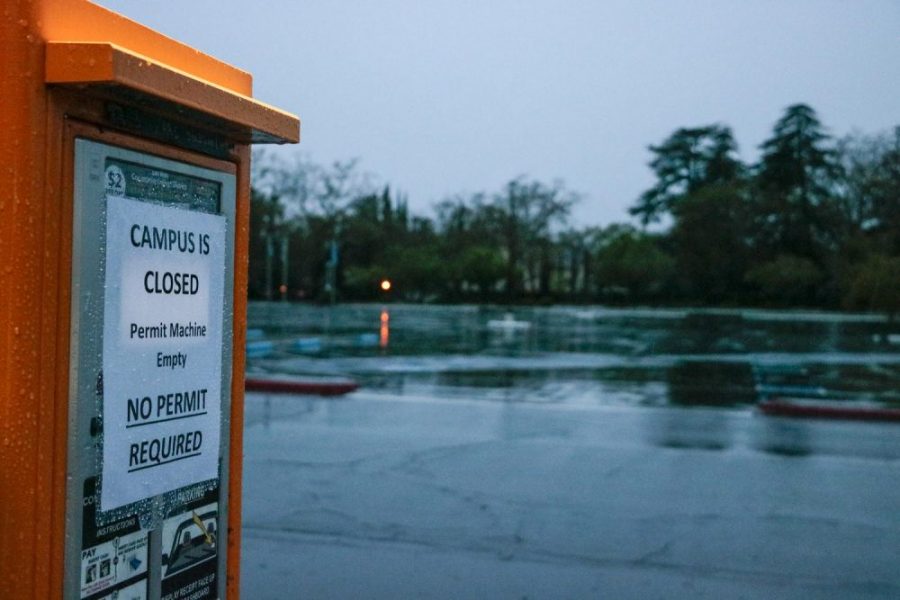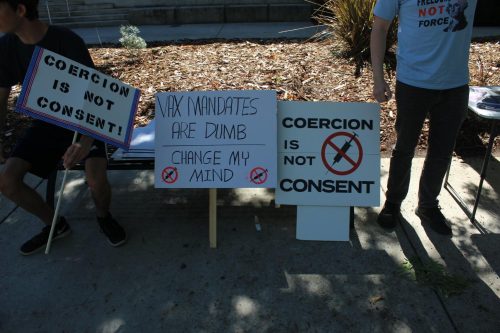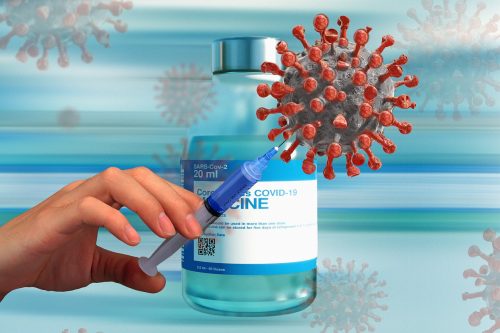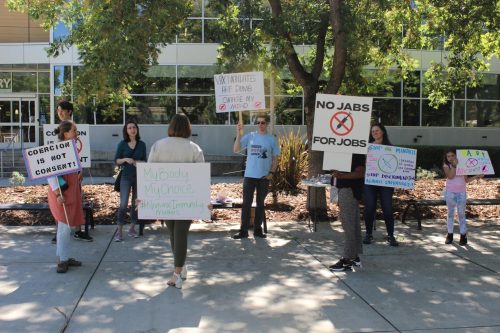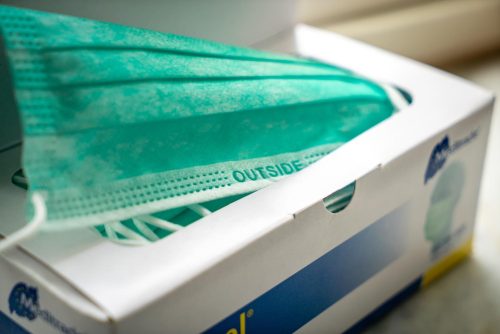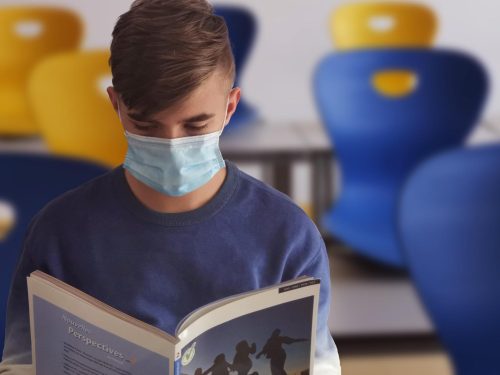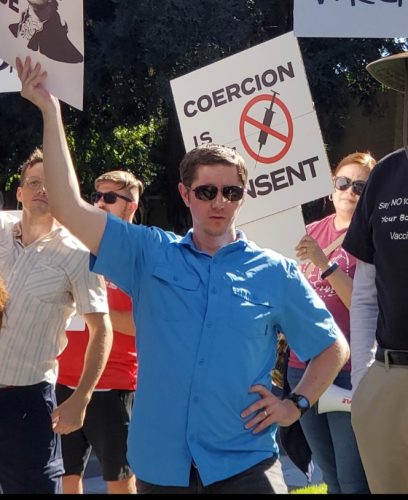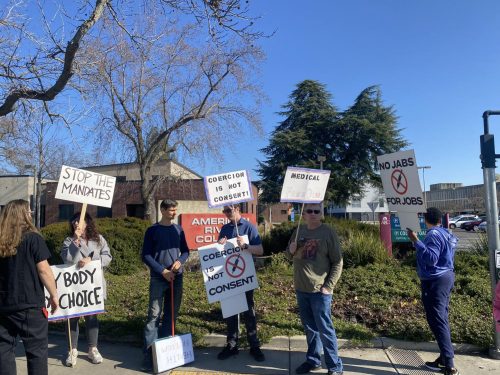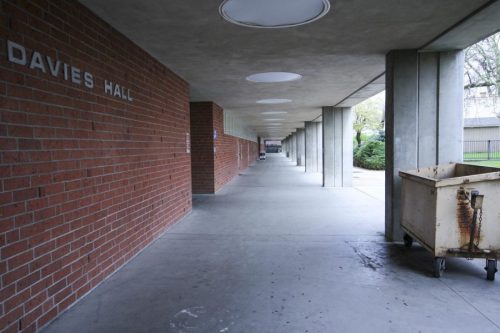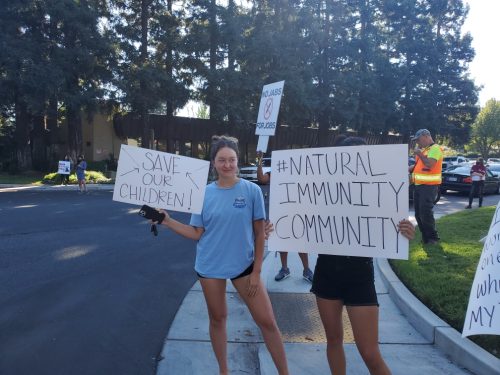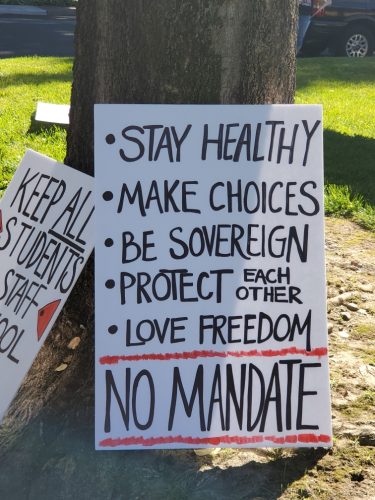COVID-19 vaccine distribution will likely determine campus re-opening
“It is becoming quite clear that our colleges will look very different in a post-pandemic world”
After three semesters of 100% distance learning and online classes, students, faculty and staff are still waiting to find out when the Los Rios Community College District campuses will reopen. Many of these details may be dependent on how many members of the district’s population are able to get the COVID-19 vaccine. (File photo)
After three semesters of 100% distance learning and online classes, students, faculty and staff are still waiting to find out when the Los Rios Community College District campuses will re-open. Many of these details may be dependent on how many members of the district’s population are able to get the COVID-19 vaccine.
On Jan. 15, LRCCD Chancellor Brian King sent out a “Chancellor’s Update” email to faculty and staff regarding the prospects of future COVID-19 vaccine distribution in relation to the reopening of LRCCD campuses.
“A significant part of our ability to reopen our campuses will be the status and availability of vaccinations for our students, faculty, and staff,” King’s email states. ”We are working closely with county and regional public health departments on vaccine availability for our employees.”
Gabe Ross, LRCCD’s public information officer, said in an email to the Current that the likelihood of students returning to campus in the fall is still uncertain and is contingent on the delivery and success of COVID-19 vaccinations.
“There are many factors to consider in the planning for how and when we can reopen our campuses, and the health and safety of our students, faculty, and staff is chief among them,” Ross said. “We have a cross-college leadership team working on identifying all of the issues involved with re-opening, with the understanding that we won’t know the specific regional health conditions and vaccination rates until closer to the fall.”
On Jan. 25, California Governor Gavin Newsom announced in a press conference the details of his plan to elevate Californians who are 65 or older into the highest priority or Phase 1A for vaccine distribution.
“If you are over 65, you should contact your primary care provider for information about how and when you can get the vaccine,” King’s email states.
Originally, Phase 1A was reserved for healthcare workers and long-term care residents, according to the California Department of Public Health’s website.
However, State epidemiologist Erica Pan said in a press conference on Jan. 13 that it could still be months before the vaccine is available even for seniors and that Phase 1A could take up to 22 weeks to complete.
This means that students, faculty and staff who are under 65 and do not work in the medical field may be waiting until late summer or even fall before receiving the vaccine.
According to Ross, the district is still uncertain on whether or not proof of vaccination will be required in order for students, faculty and staff to return to campus.
“We don’t know yet to what degree vaccinations will be available for everyone in our community, let alone to what degree they will be required,” Ross said. “As we consider reopening our campuses, we will need to consider the health and safety of students, faculty, and staff as well as ensuring equitable access to our institutions for all students.”
This uncertainty comes with unfortunate consequences for the district as questions of equity arise concerning students who may not have access to health care and subsequently the COVID-19 vaccine, according to Ross.
“Our reopening planning is focused on ensuring that our colleges provide equitable access for all of our students and that we must not put our most vulnerable students in the position of choosing between their health and their education,” Ross said.
Amidst all this uncertainty, according to Ross, there is one thing becoming ever more clear; the traditional college experience may never be the same again.
“It is hard to say exactly how, but it is becoming quite clear that our colleges will look very different in a post-pandemic world,” Ross said. “In addition to lingering concerns about health and safety issues, there will also be a serious look at which services we have been able to effectively deliver online and how we might continue to offer those services in that way.”
When the campuses do open, according to Ross, there will still likely be restrictions on some departments and activities such as athletics or the arts. However, Ross said that the district is working toward the possibility of resuming these activities in the future.
“We will continue to work with public health experts in planning for the possibility of resuming these types of activities, with the understanding that many private and non-profit organizations (sports teams, arts venues, movie theaters) are grappling with similar decisions,” Ross said.
For more information on COVID-19 and vaccine distribution visit the California All website.


